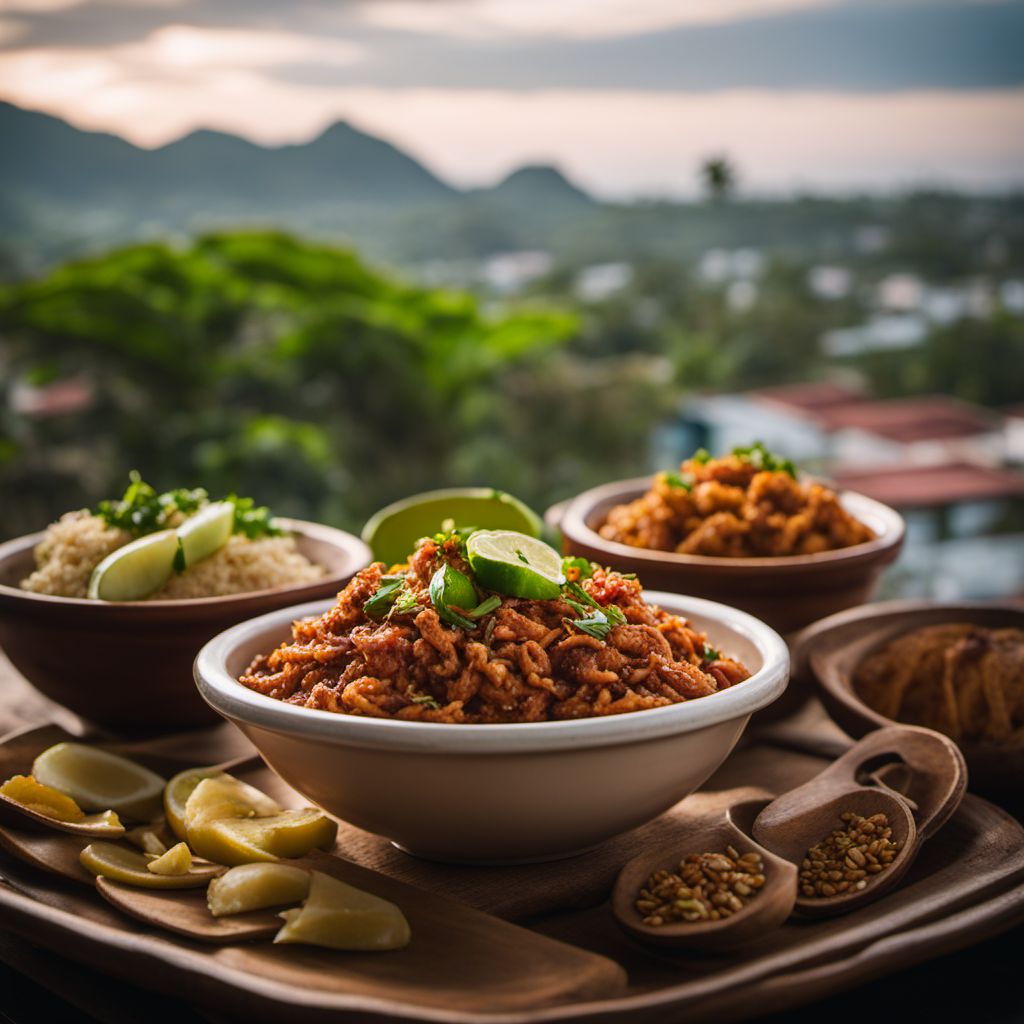
Cuisine
East Timor cuisine
East Timor cuisine is characterized by its use of fresh ingredients, such as seafood, vegetables, and herbs. The cuisine is also known for its use of spices, particularly chili peppers, which are used to add heat and flavor to dishes. The cuisine is heavily influenced by Portuguese cuisine, due to the country's colonial history. This influence can be seen in dishes such as feijoada, a stew made with beans and pork, and pastel de nata, a custard tart.
Typical ingredients
Fish, Rice, Vegetables, Herbs, Chili peppers, Coconut milk, Pork, Beans, Cassava
Presentation and garnishing
Dishes are often served family-style, with a variety of dishes placed on the table for everyone to share. Garnishes such as fresh herbs and sliced chili peppers are often used to add color and flavor to dishes.
East Timor cuisine is known for its use of fresh, flavorful ingredients, and is a blend of traditional and modern influences.
More cuisines from this region...
Vietnamese cuisine, Thai cuisine, Singaporean cuisine, Malaysian cuisine, Filipino cuisine, Lao cuisine, Cambodian cuisine, Burmese cuisine, Bruneian cuisine, Christmas Island cuisine
History
East Timor cuisine has a long history, dating back to the country's pre-colonial era. The cuisine has been influenced by various cultures over the years, including Chinese, Malay, and Portuguese. During the country's colonial period, Portuguese cuisine had a significant impact on East Timor cuisine, and many traditional dishes have Portuguese roots. Today, East Timor cuisine is a blend of traditional and modern influences, and is known for its fresh, flavorful dishes.
Cultural significance
Food is an important part of East Timor culture, and is often used in traditional ceremonies and celebrations. Many traditional dishes have Portuguese roots, due to the country's colonial history. The cuisine is also heavily influenced by Southeast Asian and Chinese cuisine.
Health benefits and considerations
Many traditional East Timor dishes are high in protein and fiber, and are made with fresh, healthy ingredients. However, some dishes may be high in fat and sodium, so it is important to eat them in moderation.
East Timor cuisine recipes Browse all »
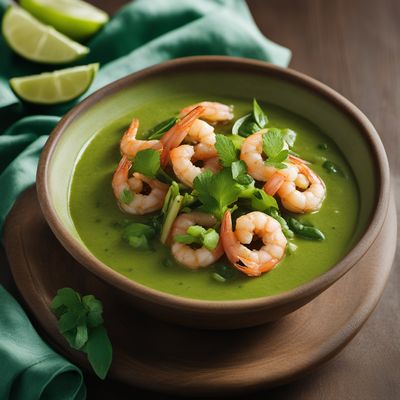
Camarões em Verde (Shrimp in Green Sauce)
Tropical Delight: Shrimp in East Timorese Green Sauce
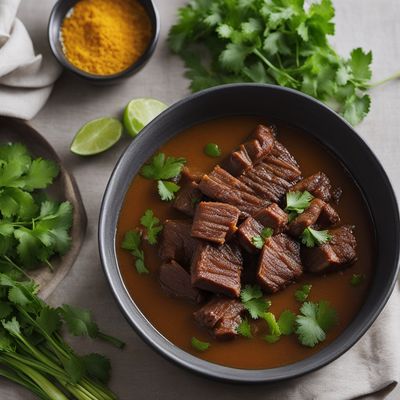
East Timorese-style Beef in Oil
Savory Beef Delight: East Timorese-style Manzo all'olio
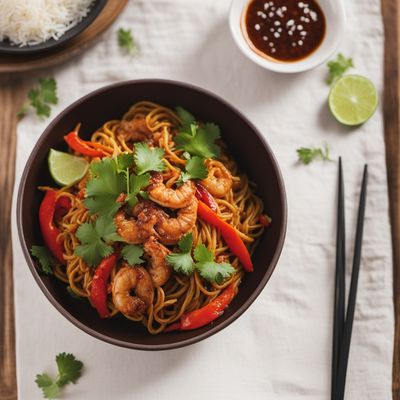
East Timorese-style Tà-á-mī
Savory Noodle Delight: East Timorese Tà-á-mī
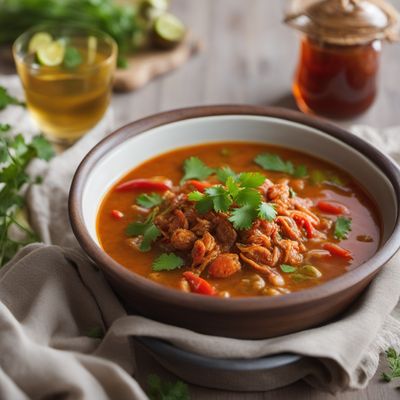
East Timorese-style Crab Soup
Savory Delight: East Timorese Crab Soup with a Twist
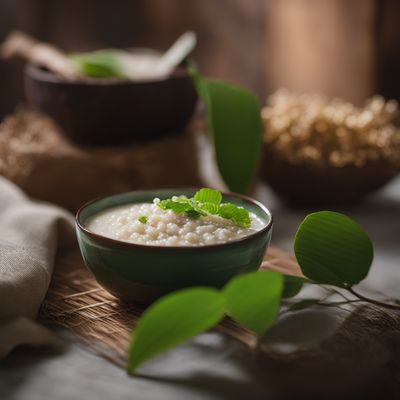
East Timorese Coconut Tapioca Pudding
Creamy Delight: East Timorese Coconut Tapioca Pudding

Bocado de la Reina Timorense (Timorese Queen's Bite)
Savory Delight: Timorese Queen's Bite
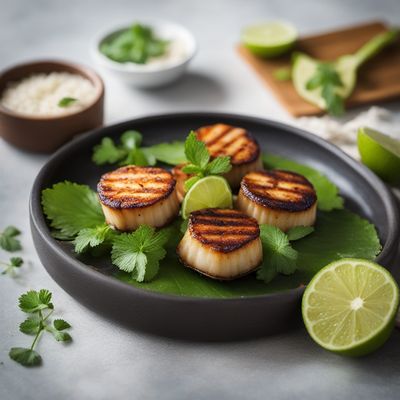
Grilled Scallops with Coconut Lime Sauce
Tropical Delight: Grilled Scallops with Zesty Coconut Lime Sauce
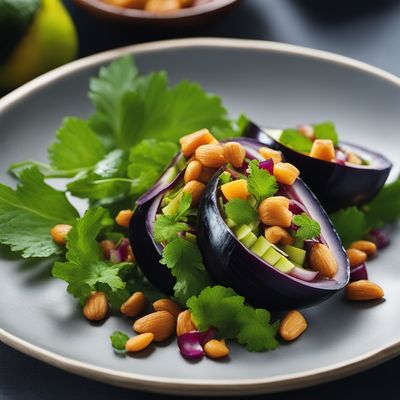
Century Egg Salad with Tropical Fruits
Exotic Delight: Century Egg Salad with a Tropical Twist

Ajika-inspired Spicy Chicken Curry
Fiery Timorese Chicken Curry: A Burst of Flavors from the East

East Timorese Coconut Bread
Coconut Delight: East Timorese Twist on Acorn Bread

East Timorese Style Spiced Rice Crackers
Savory Delights: East Timorese Spiced Rice Crackers
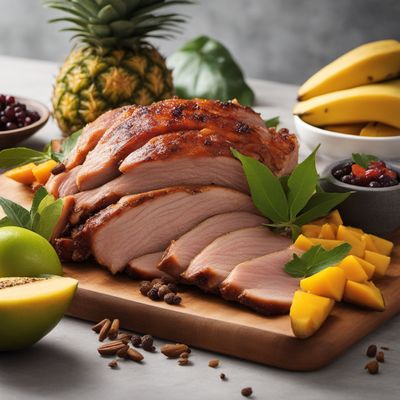
Roasted Pork with Tropical Fruits
Tropical Delight: Roasted Pork with Exotic Fruits